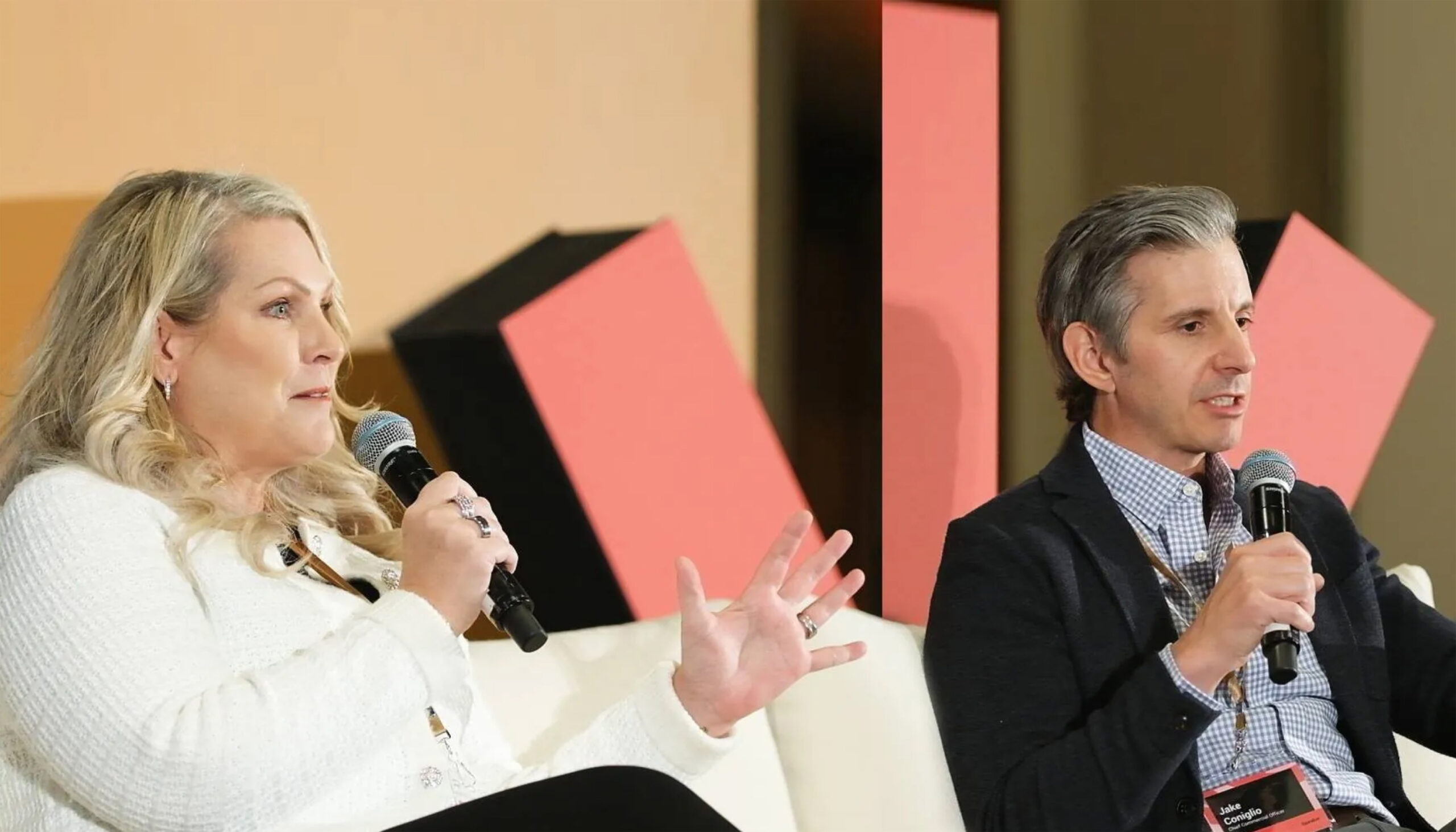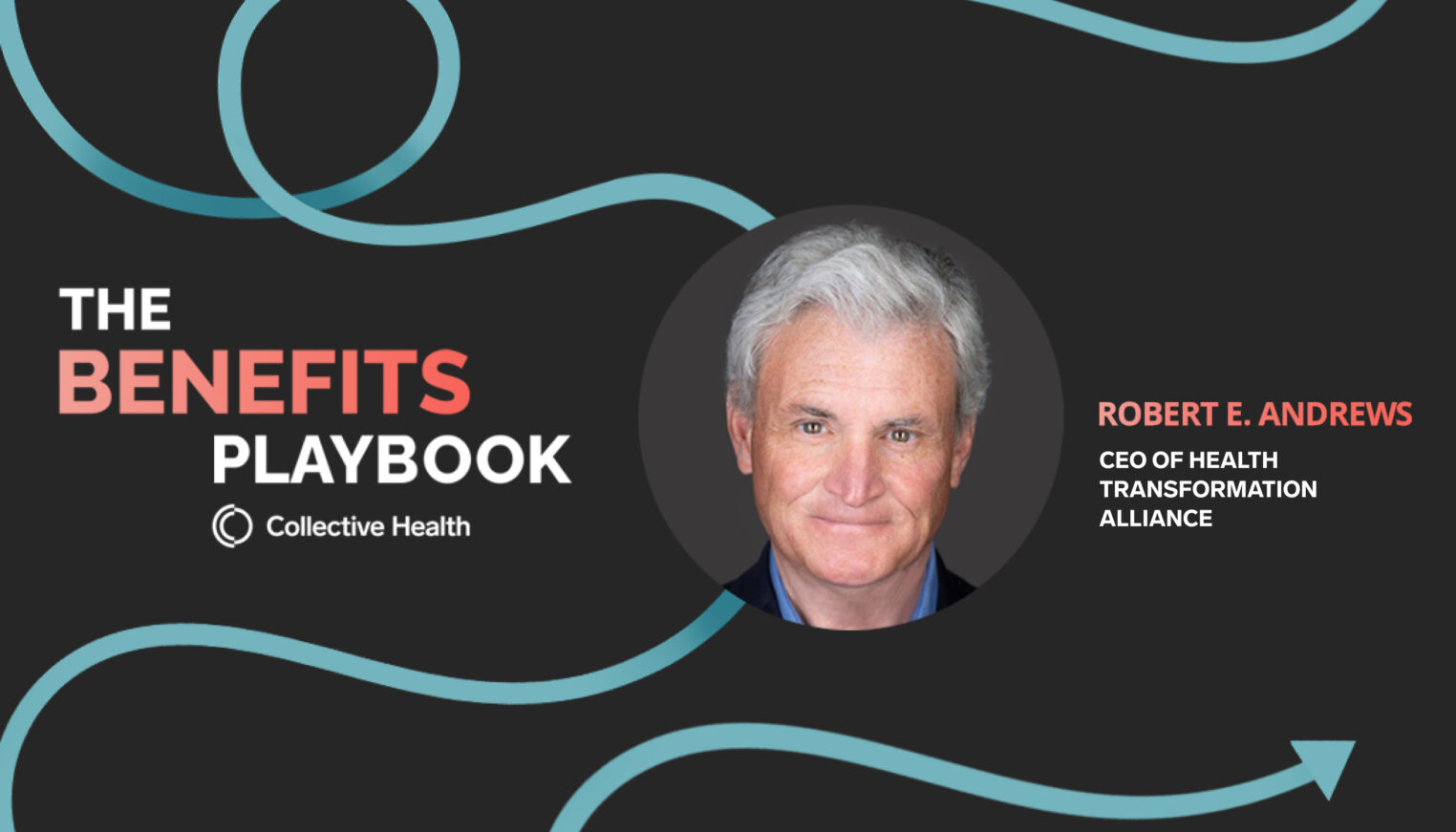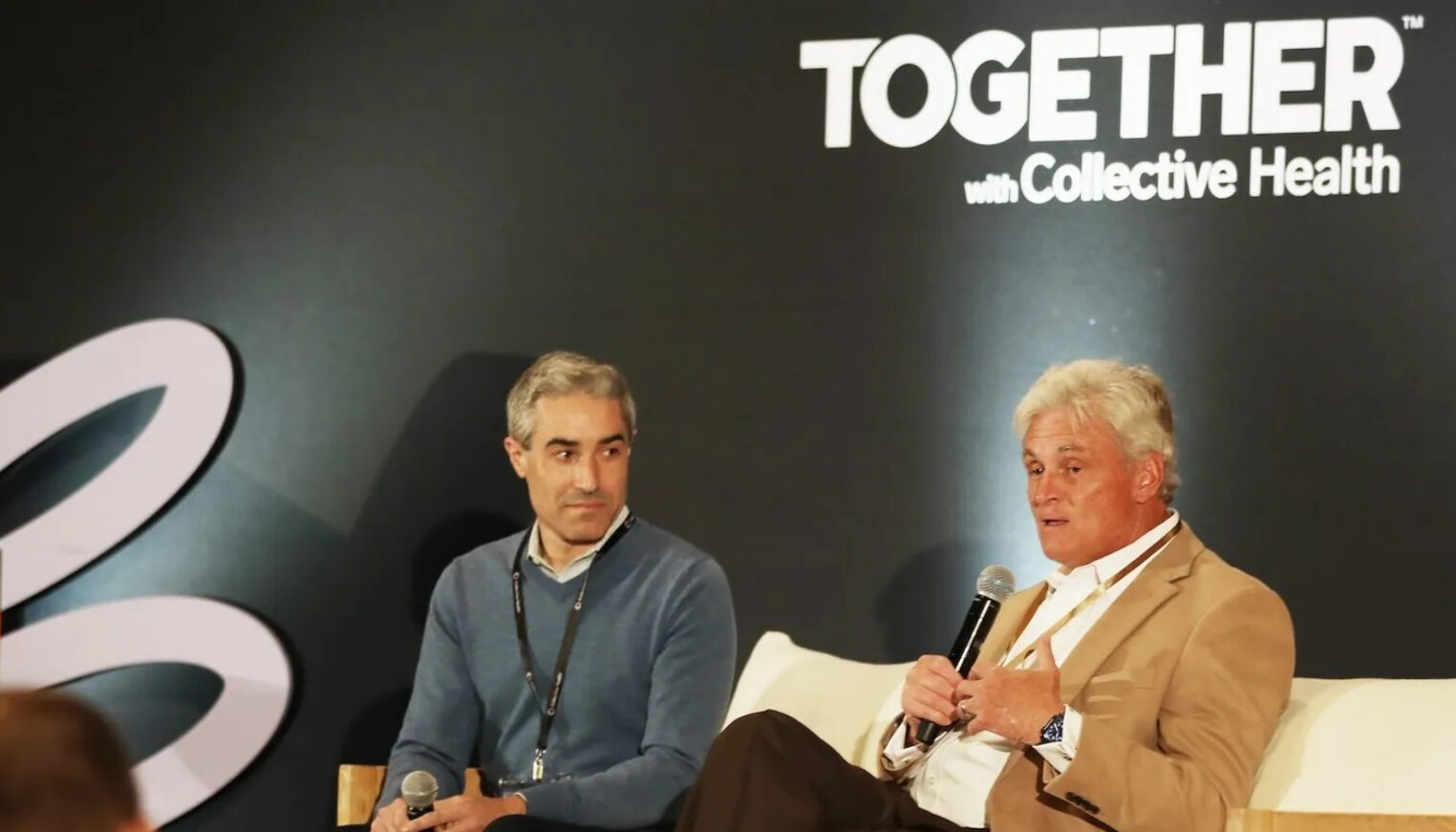This fireside chat, featuring Jake Coniglio, Chief Commercial Officer at Galileo and Susan Rogge-Adyniec, VP of Enterprise Sales at Carrot Fertility, discussed how Carrot and Galileo provide holistic care and support for employees throughout various life stages.
The key takeaways for benefits leaders:
- Consider offering fertility, maternity, menopause, and other hormonal health benefits to support employees’ diverse family-building and health needs.
- Shift toward offering health programs that provide longitudinal care, focusing on holistic and ongoing support for employees, especially those with chronic or complex health conditions.
- If your workforce includes part-time employees, consider integrating MEC plans with virtual care options to provide affordable healthcare access across your entire employee base.
The Voices in the Room
This fireside chat, featuring Jake Coniglio and Susan Rogge-Adyniec discussed how Carrot and Galileo provide holistic care and support for employees throughout various life stages.

Jake Coniglio
Chief Commercial Officer at Galileo

Susan Rogge-Adyniec
VP of Enterprise Sales at Carrot Fertility
The Future of Family Building with Carrot
Carrot has evolved into a global leader in family-building support, offering fertility, maternity, parenting, and hormone health services. Susan Rogge-Adyniec, leading the enterprise sales teams at Carrot, shared insights on the company’s journey. She highlighted Carrot’s global reach, now serving employees in 170 countries, and their efforts to make family-building support accessible to all. “We’re in 170 countries, and it’s fascinating to see the possibilities and challenges in each one,” Susan explained.
One of Carrot’s key innovations is expanding beyond fertility into broader areas of reproductive health, including menopause and hormone care. “We were the first in the US to bring a full functioning solution to menopause, and we’re really proud of that,” she noted. Carrot also launched faith-based care, designed to help individuals navigate spiritual challenges like pregnancy loss. “It’s about meeting people where they are and offering the support they need,” Susan said.
Digital-First, Personalized Care with Galileo
Jake Coniglio, Chief Commercial Officer at Galileo, shared his perspective on the shift towards digital-first, longitudinal care. Galileo has developed a model where primary care physicians, specialists, and care navigators collaborate to provide continuous, high-quality care. “The quality of care is key,” Jake stated. “By reducing referral rates and providing coordinated care, we lower costs for both members and employers.”
Galileo’s model focuses on comprehensive care that doesn’t just address acute needs but looks at the entire healthcare journey. Jake emphasized the importance of building relationships with patients over time. “We’re not just a virtual urgent care; we’re creating ongoing relationships with our patients, helping them with everything from annual wellness visits to managing chronic conditions.”
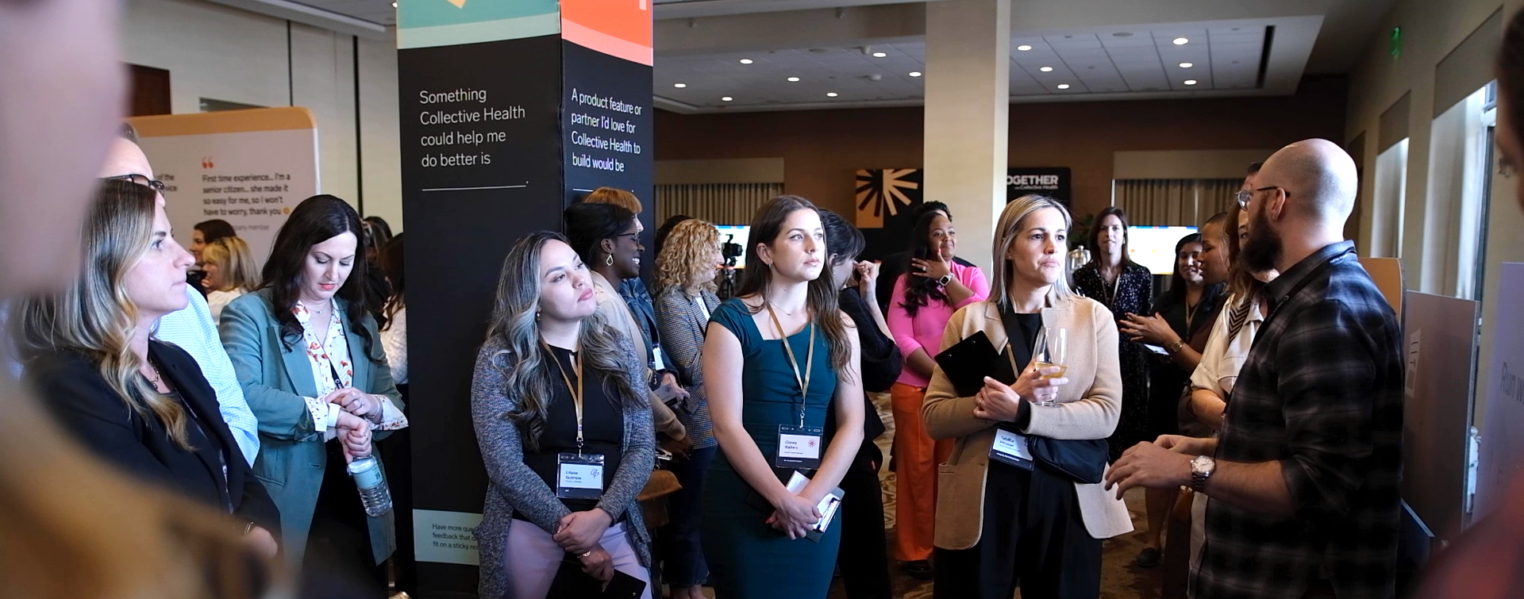
Improving Referral Management with AI
Both companies are using data-driven approaches to improve the healthcare experience. Jake discussed how AI is revolutionizing referral management, reducing reliance on outdated methods like word-of-mouth recommendations. “We live in the United States, so first and foremost, the doctor has to be in network,” Jake explained. “Cost and quality are critical, and that’s where partnerships like Collective Health come into play.” By collecting member data and collaborating with other companies, Galileo and Collective Health are improving referral systems and ultimately providing a better experience for their members.
Innovative Rx Solutions for Fertility and Menopause
Susan shared how Carrot is expanding its reach in the prescription medication space. As a company specializing in fertility benefits, Carrot revealed a groundbreaking product called Carrot RX. This solution offers a guaranteed spend limit of $6,000 for infertility medications—an area notoriously expensive for many families.
For many people struggling with infertility, medications can cost thousands, and Carrot’s new model provides peace of mind by guaranteeing that cost will never exceed the $6,000 cap. The benefits go beyond just cost-saving—Carrot demonstrated an $800,000 difference between their solution and traditional fertility treatment options, showcasing just how impactful these innovations can be.
Another exciting development is Carrot’s new telehealth services focused on menopause treatments. For the first time, Carrot will provide telehealth services where healthcare experts will be able to prescribe menopause medication, offering crucial guidance to those seeking solutions for this stage of life. This represents a significant step forward in addressing gaps in care for women, providing better access to medication and expert advice for those navigating menopause.
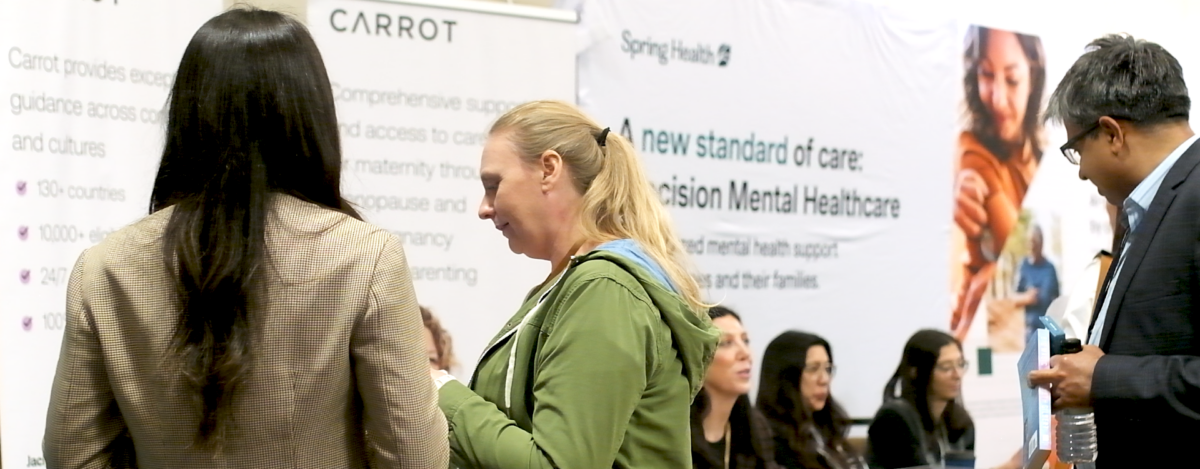
The Role of Faith-Based Care in Healthcare
Another intriguing aspect of the conversation was the discussion about faith-based care and its importance in meeting the needs of certain patient populations. Faith-based organizations are increasingly becoming important players in healthcare, as they offer unique solutions for individuals who prefer healthcare approaches rooted in their spiritual beliefs.
For example, faith-based healthcare providers may focus on delivering care that aligns with patients’ values and religious principles, offering comfort and understanding that is not always present in more secular settings. This approach not only meets the medical needs of patients but also addresses their emotional and spiritual well-being, an often overlooked aspect of healthcare.
By integrating faith-based principles into care practices, organizations can create more inclusive healthcare solutions that resonate with a diverse population. As healthcare becomes more personalized, it’s essential to consider the spiritual needs of patients alongside their physical health needs.
Addressing Minimal Essential Coverage (MEC) Plans at Galileo
Similarly, Galileo has evolved their offerings to enable a broader reach of service. Jake discussed Galileo’s innovative approach to serving part-time employees through Minimal Essential Coverage (MEC) plans. Initially unsure about entering this space, Galileo ultimately decided to provide care for all employees, including part-timers, through a digital-first solution. By partnering with TPAs and using Collective Health’s platform, Galileo successfully rolled out these plans for companies like Live Nation.
“Employers were looking for a simpler, streamlined solution, and that’s what we offered,” Jake shared. “We’ve found that part-timers, especially those who work in environments like concert venues, benefit greatly from our video-first model, which allows them to access care more easily.”
Validating Cost Savings and ROI
The discussion also focused on validating the cost savings of these innovative healthcare solutions. Susan highlighted Carrot’s recent Milliman study, which showed substantial cost savings through single-embryo transfer, reducing the need for costly NICU care. “We’re proud of the data and the results,” Susan said. “It’s no longer about offering a luxury benefit; it’s about delivering real, measurable savings.”
Jake also shared how Galileo has seen a reduction in urgent care and emergency room visits by up to 30%, a key driver of cost savings. “If we’re not reducing urgent care visits in year one, something’s wrong,” Jake stated. “We also reduced specialty visits by 54%, which is a significant impact on healthcare costs.”
Jake emphasized that true cost savings in healthcare come from long-term engagement with primary care. “Primary care is responsible for just 7% of healthcare spend but impacts 80% of outcomes,” Jake explained. By focusing on preventative care and reducing unnecessary specialist visits, Galileo’s model is designed to save money and improve health outcomes over time.
“We need to think long term,” Jake added. “The people who have undiagnosed conditions—like colorectal cancer or chronic diseases—are the ones who will save us money in the long run. We need to catch those issues early.”
Key Takeaways: The Future of Healthcare
The session concluded with powerful takeaways from both Susan and Jake. Susan emphasized the scalability and flexibility of Carrot’s solutions, reminding attendees that these benefits are not just for a small percentage of employees but can be impactful for the entire population. “Don’t let cost be a barrier,” she advised. “We can tailor solutions to fit any need.”
Jake’s final thought was a call to action: “Talk to the physicians who work at the companies you’re considering. Ask them about how medicine is practiced, not just what the salespeople say. The clinical expertise is what really matters.”
Both companies continue to push the envelope in terms of improving healthcare access and outcomes, ensuring that employers and employees alike have access to affordable, high-quality care. By focusing on long-term relationships, coordinated care, and innovative solutions, Carrot and Galileo are leading the way in transforming healthcare.
